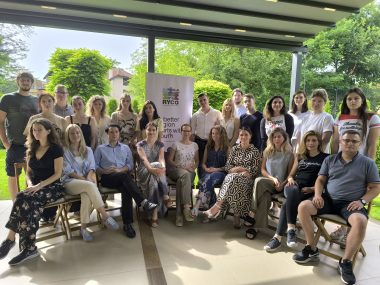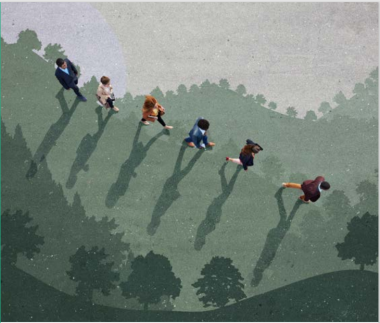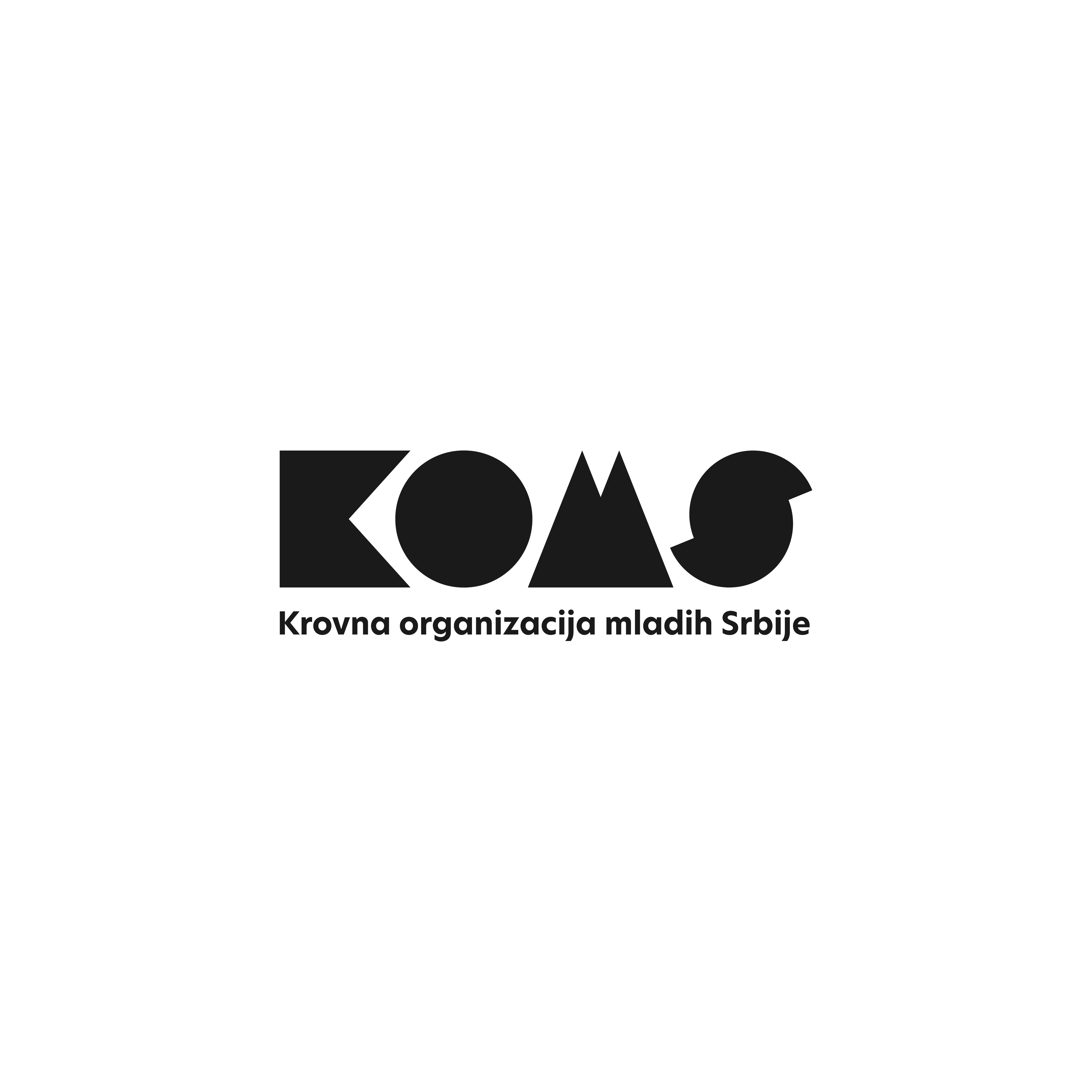EU Enlargement: Revisiting the dialogue approach through the lens of youth
BY RYCOWBORG

EU Enlargement: Revisiting the dialogue approach through the lens of youth
February 7, 2024
In what is internationally deemed a functional and thriving democracy, the people are very responsive towards every actor that has a role in Kosovo, and that includes the EU. Most recently, the fierce support that the people of Kosovo have towards the EU has been dwindling. Taking a quick comparative look at the 2022 and the 2023 Balkan Barometer done by the Regional Cooperation Council (RCC), makes it evident that support for EU membership has changed. In 2022, 73% of respondents believed that joining the EU would be a good thing, compared to the 66% in 2023. I truly believe that the main issue that has aided this skepticism, besides the way the visa liberalization issue was treated, is the current approach that the EU has towards the dialogue.
The EU's traditional approach, characterized by bureaucratic processes and distant decision-making, especially when viewed through a youth lens, has left many of us feeling disconnected and disempowered. We yearn for meaningful participation in shaping our future, but too often find ourselves excluded from the conversation. As an advocate within Kosovo's vibrant youth civil society, I have witnessed firsthand the growing disillusionment among young Kosovars towards the EU. Youth in Kosovo are at the forefront of change, driving innovation, activism, and social progress. Yet, despite our energy and passion, we often feel sidelined by top-down EU policies that fail to address the realities we face daily. From high unemployment rates to limited educational opportunities, the challenges confronting Kosovo's youth are numerous and complex.
It is time for the EU to recognize the vital role that youth play in Kosovo's development and to actively engage with us as partners, not just beneficiaries. To truly address the skepticism towards the EU, we need a new approach, one that prioritizes youth inclusion, empowerment, and participation. This means creating spaces for dialogue where young people can voice their concerns, ideas, and aspirations directly to EU representatives. It means investing in youth-led initiatives and grassroots projects that address the pressing issues facing our communities. And it means recognizing the diversity of experiences and perspectives within Kosovo's youth population, ensuring that our voices are heard and our needs are met.
As someone who has dedicated years to youth activism and civil society engagement, I know firsthand the power of young people to drive positive change. We are not passive recipients of policies handed down from above; we are active agents of change who are ready to roll up our sleeves and work towards a better future. But we cannot do it alone, we need the EU to be our partner in this journey. By embracing a bottom-up approach that centers youth voices, the EU can unlock the full potential of Kosovo's young generation. Together, we can build a more inclusive, prosperous, and sustainable future for Kosovo, one that is firmly anchored in European values and principles. It's time for the EU to listen to the voices of youth, to engage with us as equal partners, and to join hands in shaping a brighter tomorrow for Kosovo and Europe as a whole.
Furthermore, a common approach throughout this process has been the assumption and modification of needs. More often than not, our opinions, views, recommendations, policy suggestions and efforts are simply viewed as the a trivial part of the process, and even when not, they are processed through numerous filters of people and organizations who do not get to have an everyday life experience in Kosovo. In worst case scenarios, our needs are assumed by people and politicians who have not had any talk with young people outside of their established circles. It is precisely why direct representation is needed. No one is better suited to express their needs, more than those who are directly living the experience, and those directly seeing the results of the policies that both politicians in the country and the EU put forward.
Kosovo is a very young country, both by state-building and by demographics, so the best is yet to come, however when this group of young people is not excluded, the inclusion feels as if it exists to fulfill a quota, and to tick a box of inclusion. It is fundamental that there needs to be change in this approach, especially considering how we are not just the future, we are the now, and we are the generation who despite inheriting the trauma of war, are willing to foster reconciliation and regional cooperation. Having the youth of Kosovo be a partner, and having a seat in the dialogue table, is not only going to be an additional benefit to the dialogue, it is vital for the continuation and sustainability of the dialogue.
*This designation is without prejudice to positions on status and is in line with Security Council Resolution 1244 and the ICJ Opinion on the Kosovo Declaration of Independence.
Author: Hekuran Muja
*Youth, Peace and Security Agenda is all about mainstreaming youth opinion and participation in policy and peace dialogs. As a supporter of the YPS Agenda in the region, RYCO provides the space for youth to express their opinions and solutions for sustainable peace. However, views and opinions expressed are those of the author(s) only and do not necessarily reflect those of the RYCO. Neither the RYCO nor the granting authority can be held responsible for them.















